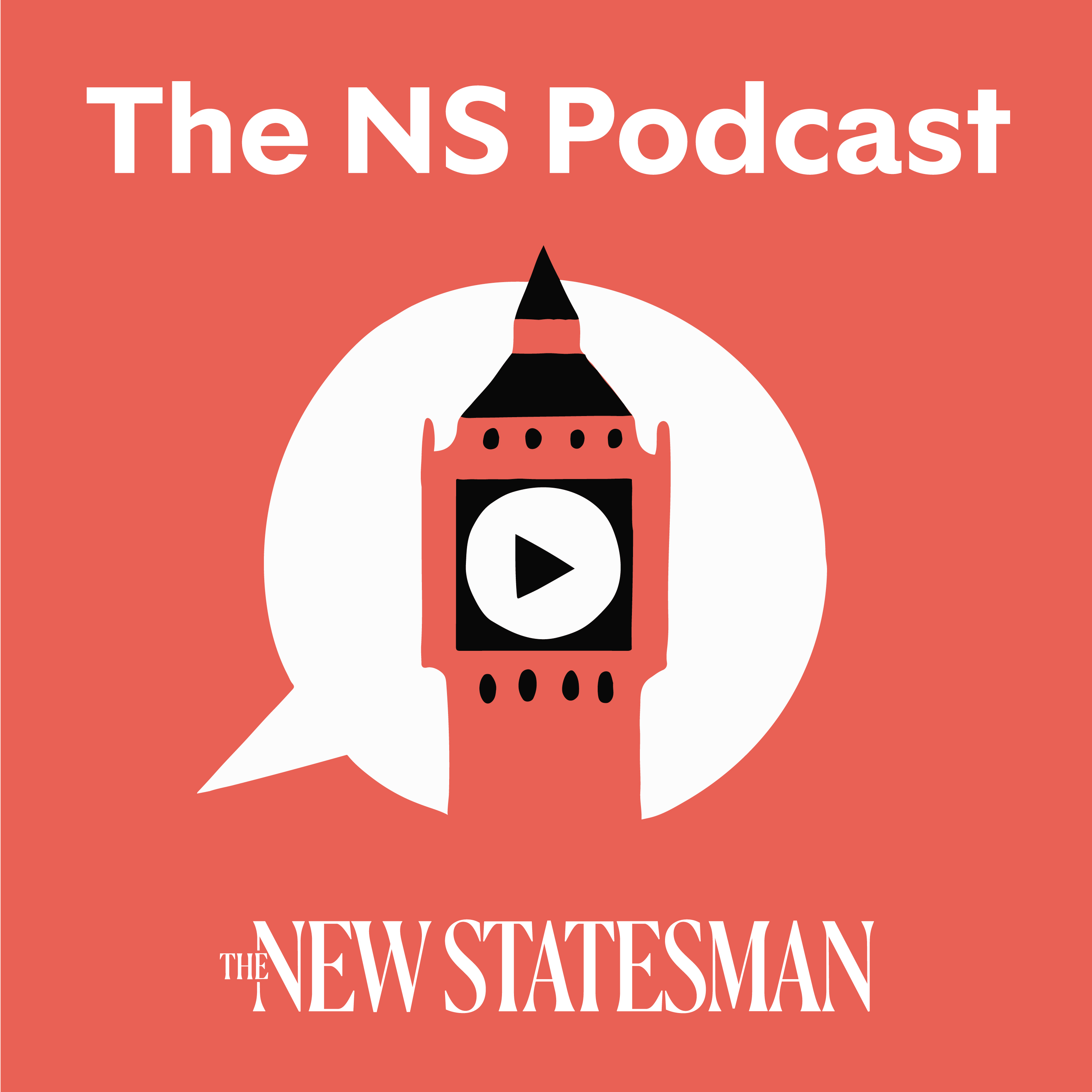- After-Shows
- Alternative
- Animals
- Animation
- Arts
- Astronomy
- Automotive
- Aviation
- Baseball
- Basketball
- Beauty
- Books
- Buddhism
- Business
- Careers
- Chemistry
- Christianity
- Climate
- Comedy
- Commentary
- Courses
- Crafts
- Cricket
- Cryptocurrency
- Culture
- Daily
- Design
- Documentary
- Drama
- Earth
- Education
- Entertainment
- Entrepreneurship
- Family
- Fantasy
- Fashion
- Fiction
- Film
- Fitness
- Food
- Football
- Games
- Garden
- Golf
- Government
- Health
- Hinduism
- History
- Hobbies
- Hockey
- Home
- How-To
- Improv
- Interviews
- Investing
- Islam
- Journals
- Judaism
- Kids
- Language
- Learning
- Leisure
- Life
- Management
- Manga
- Marketing
- Mathematics
- Medicine
- Mental
- Music
- Natural
- Nature
- News
- Non-Profit
- Nutrition
- Parenting
- Performing
- Personal
- Pets
- Philosophy
- Physics
- Places
- Politics
- Relationships
- Religion
- Reviews
- Role-Playing
- Rugby
- Running
- Science
- Self-Improvement
- Sexuality
- Soccer
- Social
- Society
- Spirituality
- Sports
- Stand-Up
- Stories
- Swimming
- TV
- Tabletop
- Technology
- Tennis
- Travel
- True Crime
- Episode-Games
- Visual
- Volleyball
- Weather
- Wilderness
- Wrestling
- Other
The Spanish election reveals the future of Europe | Audio Long Read
Since 2018, prime minister Pedro Sánchez has led a surprisingly durable and impactful Spanish government, implementing progressive policies such as improved rights for abortion, transgender people and migrants. His coalition government has repositioned Spain as a European “pivot” state, a bridge between north and south, east and west. Its economy is predicted to grow faster than that of Germany, France and Italy. But will any of this be enough to keep Sanchez in power after the 23 July general election? He faces significant challenges from the conservative People's Party, as well as new alliances on the left – an increasingly fragmented political environment that mirrors trends seen across Europe, as identity politics, the climate crisis, and demographic shifts reshape many once stable two-party systems. In this wide-ranging essay, New Statesman contributing writer Jeremy Cliffe reflects on what Spain and its election tells us about the future of Europe. By 2030, he writes, “politics in many states will be defined by the normalised collapse of the cordon sanitaire between mainstream conservatism and the far right. It will be a landscape in which the left can only win by forging broad and canny coalitions.” If Silvio Berlusconi’s divisive authoritarianism presaged our present moment, Sanchez and his battles could point the way to our European future. Written by Jeremy Cliffe and read by Chris Stone. This article originally appeared in the 14-20 July issue of the New Statesman. You can read the text version here. If you enjoyed listening to this episode, you may also like A brief history of “woke”: how one word fuelled the culture wars. Subscribers can listen ad-free via the New Statesman app. Download it now: iOS: https://apps.apple.com/gb/app/....new-statesman-magazi Android: https://play.google.com/store/apps/details?id=com.progressivemediagroup.newstatesman&hl=en_GB&gl=US Sign up to receive The Saturday Read - our weekly email highlighting the best writing from the New Statesman and around the web: https://saturdayread.substack.com/

